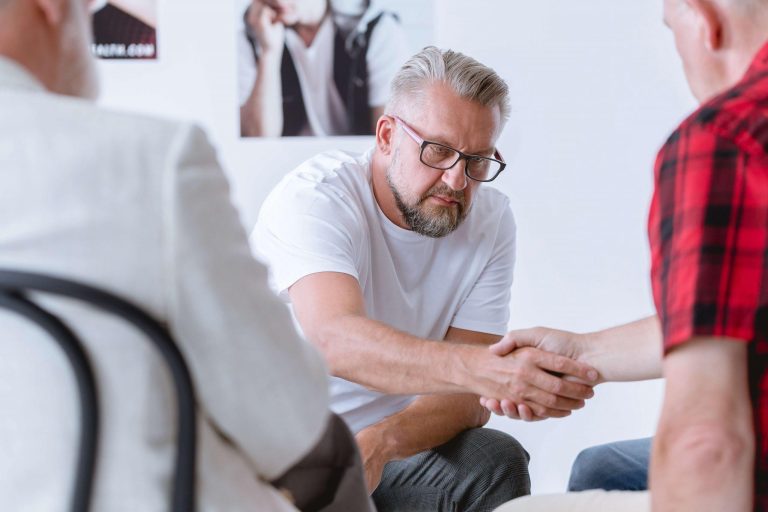These advanced practice clinicians support patients through the diagnosis and treatment of a variety of conditions. They work closely with doctors and care teams to provide medical services and counseling for mental health, substance misuse, and addiction issues. When people become physically dependent on alcohol or drugs, it’s not safe for them to stop drinking or using without medical https://ecosoberhouse.com/ supervision. Our addiction medicine care teams can help members with severe SUD stop drinking or using drugs safely and comfortably. This doesn’t treat SUD, but it’s an important first step toward recovery for the members who need it.
Elected Officials
They may go to a residential treatment center for rehabilitation (rehab). It usually includes several different alcoholism symptoms kinds of behavioral therapies. It may also include medicines for detox (medical treatment for alcohol withdrawal) and/or for treating the AUD. Just as some people with diabetes or asthma may have flare-ups of their disease, a return to drinking can be seen as a temporary setback to full recovery and not as a failure. Seeking professional help can prevent a return to drinking—behavioral therapies can help people develop skills to avoid and overcome triggers, such as stress, that might lead to drinking. Most people benefit from regular checkups with a treatment provider.
How do behavioral therapies treat drug addiction?

Working to stop alcohol use to improve quality of life is the main treatment goal. Just like any other medical condition, people with substance use disorders deserve to have a range of treatment options available to them. Scientists are working to develop a larger menu of pharmaceutical treatments that could be tailored to individual needs. If you have any of these symptoms, alcohol may already be a cause for concern. The more symptoms you have, the more urgent the need for change. A health care provider can look at the number, pattern, and severity of symptoms to see whether AUD is present and help you decide the best course of action.
- Calls to numbers on a specific treatment center listing will be routed to that treatment center.
- Other times, family members or friends may stage an alcohol intervention.
- Talk to your doctor to see if one of those might be right for you.
- Get expert guidance on what to ask providers and how to listen for quality in the answers.
Related Resources
Relapse is an ethanol abuse expected part of the recovery process as you work toward recovery. Support groups aren’t for everyone, and they may not be helpful for some people. Your doctor can help you determine whether support groups may help your AUD.
- Group therapy, led by a therapist, can give you the benefits of therapy along with the support of other members.
- Our addiction medicine care teams can help members with severe SUD stop drinking or using drugs safely and comfortably.
- These specialists can be found in addiction specialty treatment programs, independent private practice, and other clinical settings.
- Primary care professionals can offer medications for AUD along with brief counseling.
Online-Only Resources

Treatment professionals provide around-the-clock care and will prepare you for life after rehab. This may include information on how to overcome triggers, the importance of sobriety maintenance programs and what to do in the event of a relapse. Your health care provider or mental health provider will ask additional questions based on your responses, symptoms and needs. Preparing and anticipating questions will help you make the most of your appointment time. Contact your primary care provider, health insurance plan, local health department, or employee assistance program for information about specialty treatment. What kind of treatment does the program or provider offer?
